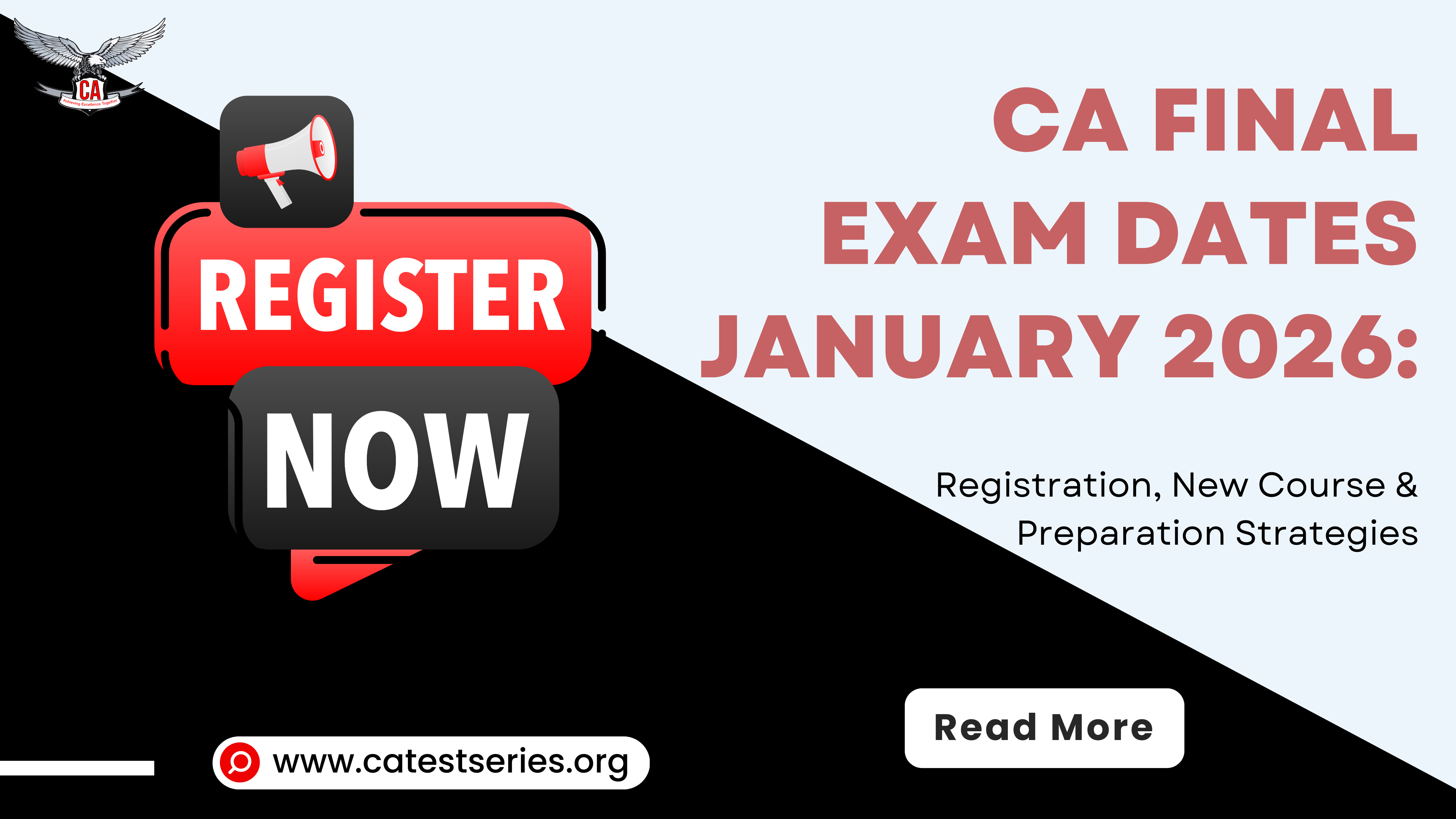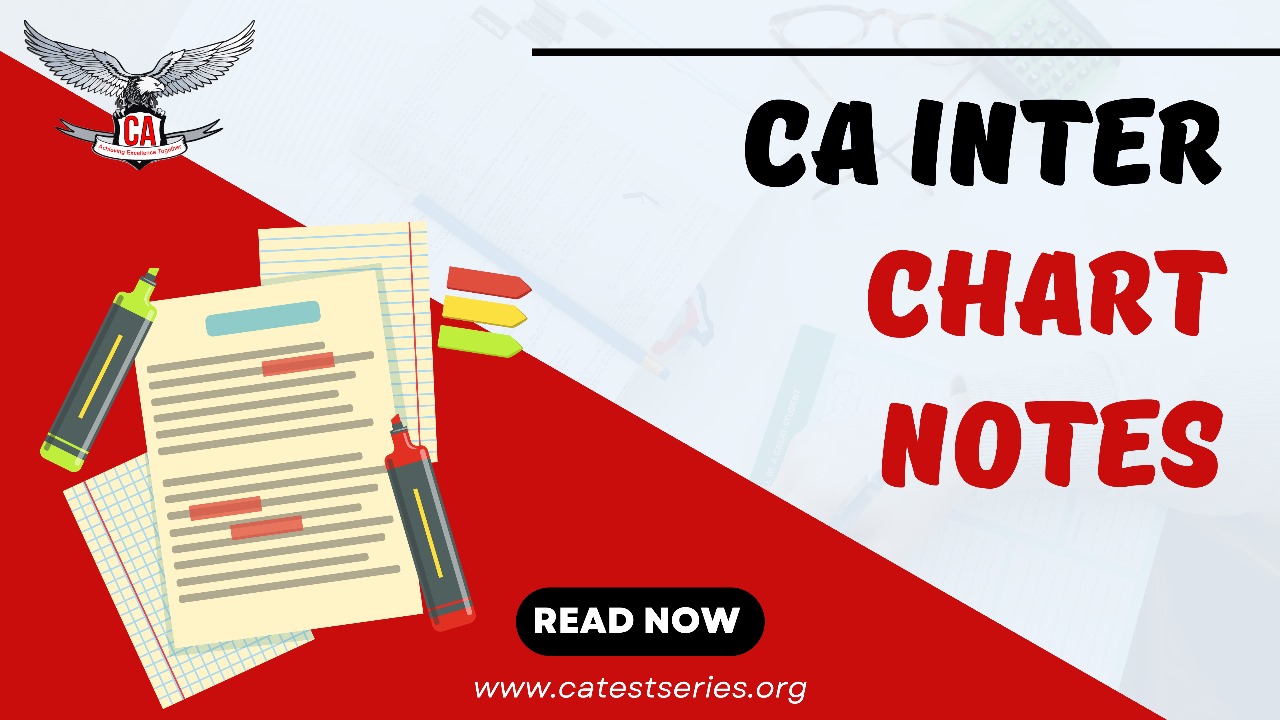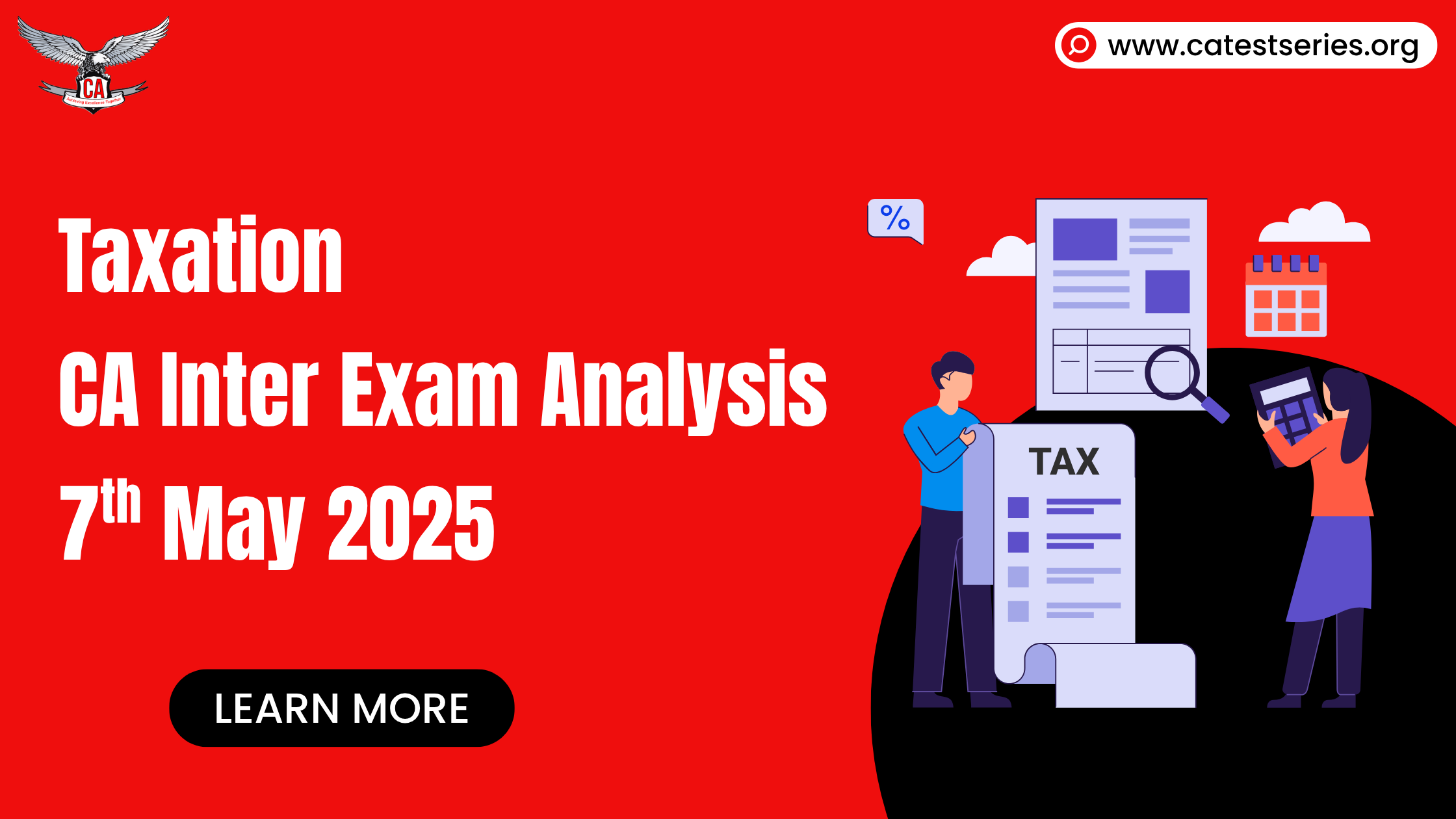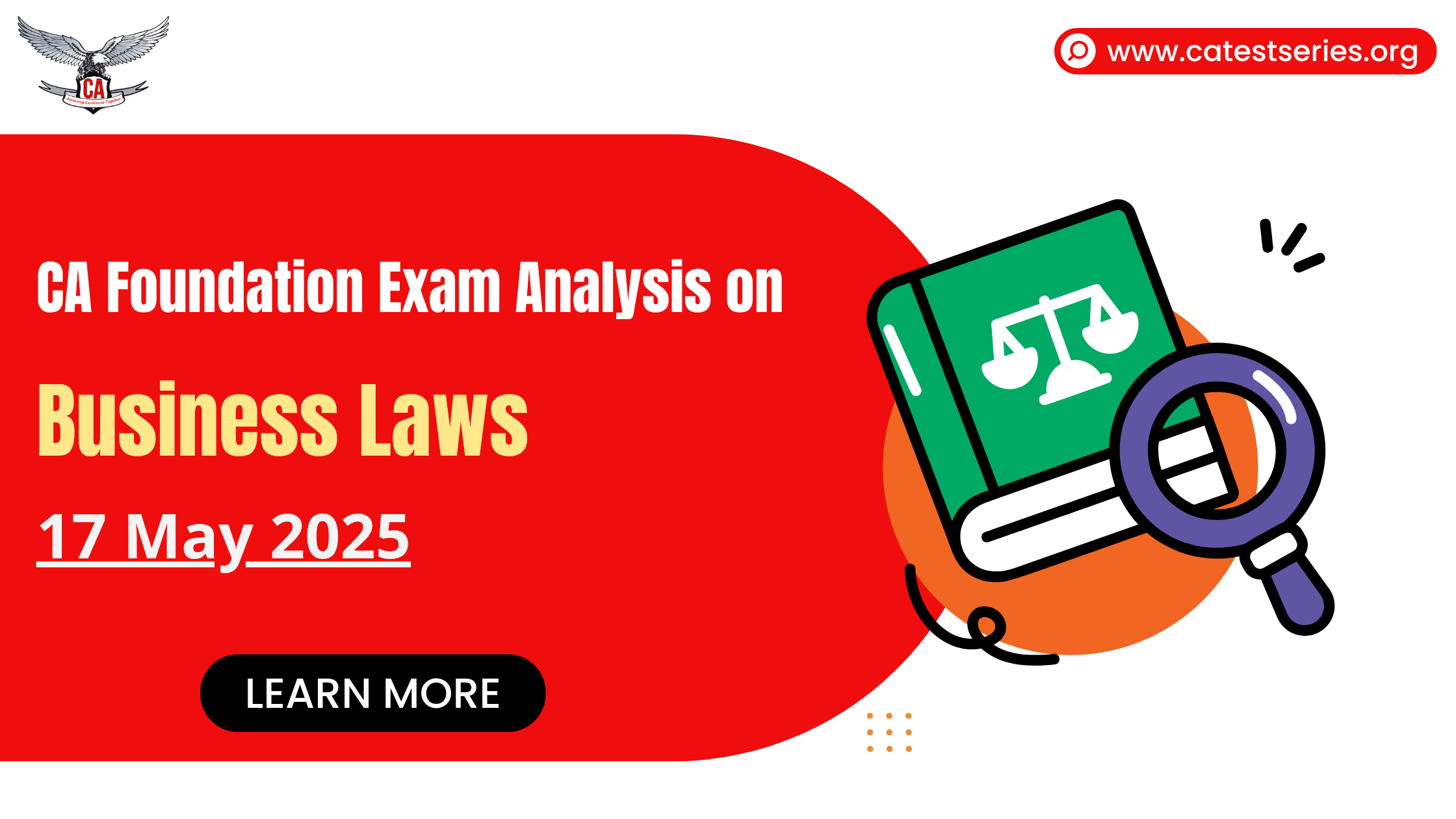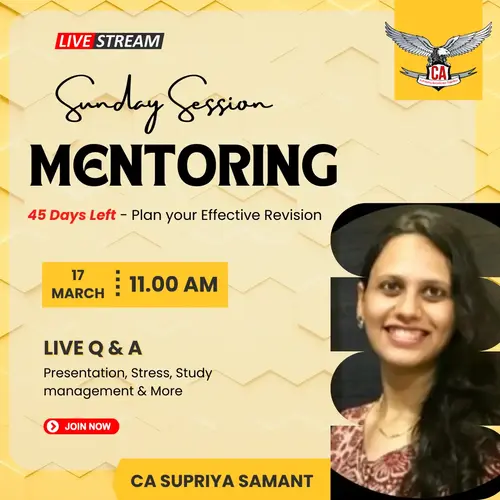Top 11 Best Courses to do along with CA Course
Top 11 Best Courses to do along with CA Course
As we know, Getting ready for the CA exam is not easy, and putting what you have learned into practice while writing the paper is an entirely different ball game.
To become a CA, students study and work for a long time. But Chartered Accountancy is one of the most popular courses right now, which is making the industry more competitive.
Even though opportunities for Chartered Accountants have grown by a lot, getting an extra degree or certificate will give you an edge over other students.
Most students prefer to complete the extra courses after the CA course, but you can also take them at the same time.
Top 11 Courses to do Along with CA Course:
1. CMA (Cost and Management Accountant)
If the costing is one of your favorite CA course topics and you have decided to pursue a career in this area further, taking the CMA course in addition to the CA course can benefit you.
If you are willing to undertake the profession, you can obtain well-paying work in manufacturing businesses or good high-ticket clients.
Eligibility Criteria: CMA course
You can apply for the CMA course if you have completed your final year of high school, your undergraduate degree in any field other than the fine arts, or you have passed the Foundation of ICSI/Intermediate of ICAI.
2. CS (Company Secretary):
If you wish to pursue a dual specialty with CA, CS and CA course degrees make a great combination.
You would not have any trouble controlling your study time because the CS Course subjects are simple and comparable to the CA course.
The cost of the CS course is quite low, making dual-course degrees affordable. A CS course paired with a CA course has great professional benefits.
Along with managing client accounts and finances, you may easily grasp career opportunities in management and administration.
Roles After CS:
- Compliance Officer
- Chief Advisor
- Executive Secretary
- Governance Professional
- Board Advisor
- Secretarial Auditor
Eligibility For CS Course:
Students who have finished their undergraduate or graduate degrees (except those in the fine arts) or who have passed the ICWAI Foundation level CA and Cost Accounting course are eligible to apply straight for CS Executive level admission.
3. CFA (Chartered Financial Analyst) Course
If finance is your area of interest, the CFA program is a fantastic alternative to pursue after completing your Chartered Accountant [CA] degree.
Areas like Investment Banking Sector, Hedge Funding, and Portfolio Management will be excellent career options for someone who has finished both the Chartered Accountant [CA] and CFA programs.
The scope of CA may be confined to auditing the Balance Sheet and providing present-day perspectives on historical events. Still, the scope of CFA is expanded to include reviewing the Financial Statements.
Thus, CFA is a globally renowned course that continues to be offered as part of a graduate-level program. After graduating from high school, one can apply for the CFA program.
Roles After CFA:
- Portfolio Manager
- Risk Analyst/ Risk Manager
- Research Analyst
- Investment Banker
- Private Wealth Manager
Alternate Career Options After CFA Course:
After completing the CFA program, candidates can also pursue the following career paths:
- Data Scientist
- Chief Investment Officer
- Investment Consultant
- Investment Strategist
- Accountant/ Auditor
Eligibility For CFA Course:
The CFA course cannot be started immediately after the 12th. An undergraduate diploma or bachelors degree from a recognized university is required for CFA.
4. MBA (Masters of Business Administration)
- One of the most popular courses to take in combination with a CA is the MBA and for a valid reason.
- It enhances your educational background and gets you ready for the business world.
- For a more career-focused concentration, you can also pursue an MBA finance specialty.
Graduates of MBA programs can find employment in a variety of fields, including
- Banking
- Consulting
- Finance
- Human resources
- Marketing, and operations
Because it is one of the most significant degrees for the majority of managerial-level employment across all sectors and areas, many BTech, BBA, BCom, BA, BSc, and BCA graduates nowadays decide to pursue an MBA following graduation.
Eligibility Criteria for MBA:
For admission to the M.B.A. program, a candidate must possess either a degree from a recognized university, pass the Chartered Accountancy Course offered by the ICAI, or complete a BBA or B.Com degree through ICAI (by whatever name it is called).
Roles After MBA:
- Project Manager
- Business Development Executive/ Manager
- Product Manager
- Marketing Manager
- Analytics Manager
- System Manager
- Data Processing Manage
- Business Analyst
5. Law:
An LLB course will be of great use to you if you find the legal topics in the CA course to be particularly fascinating and worthwhile to pursue as a major in your career.
You can tackle cases on corporate law, civil law, international law, labor law, family law, patent law, etc. with ease if you have an understanding of the CA course and the law.
Scope After CA + LLB:
If you work as a CA as well, having a degree in law can help you attract more customers and let you provide them with a wider range of services.
Eligibility Criteria for LLB:
B.com LLB is a good course nowadays. You must be clear in your mind and then you can add up CA and CS with any of the one degrees with it.
6. FRM (Financial Risk Management)
FRM is a highly desirable certification course, and individuals who pursue CA can further their careers in the financial sector. The FRM course will provide you with hands-on experience in the field.
Top organizations in India want employees with financial and associated capabilities, as well as risk management abilities.
As a result, this course will add value to your CV and expertise. On average, a candidate with a CA and FRM course degree may earn up to 7-8 lakh per year.
Scope After CA + FRM:
This qualifies you for positions in investment banking, portfolio management, and other professions involving capital markets.
Eligibility Criteria for FRM:
While CA is a renowned and fulfilling career choice, many applicants choose to pursue additional certifications/professional credentials after finishing the program in order to get an advantage over their competitors.
Financial Risk Management (FRM) is a popular option to pursue following CA.
Roles After FRM:
- Financial Risk Analyst/ Manager
- Enterprise Risk Management
- Investment Banking
- Trading
- Wealth Management
7. CIMA (Chartered Institute of Management Accountants)
Along with CA, CIMA is an excellent course to pursue. It is also a worldwide recognized curriculum, which can provide you with improved professional chances.
The training expands your expertise from accounting to management. You will acquire leadership, people management, and other skills.
CIMA offers a quick and straightforward process for CA.
CIMA Eligibility In India:
- Completed their matriculation exams
- Completed high school
- Completed their bachelors in any degree
- Completed MBA degree (beneficial for quicker enrollment)
- Either they are pursuing or have pursued any other professional degree
Roles After CIMA Course:
Following the completion of a CA and CIMA degree, there is a fantastic chance to choose a professional route.
Accounting and auditing are good career options. Additionally, people who pursue both of these certificates will have various job options.
- Chief Financial Officer
- Finance Manager
- Management Consultant
- Management Accountant
- Finance Business Partner
- Financial Accountant
- Business Analyst
- Accounts Assistant
8. CIA (Certified Internal Auditor):
- All CA students who want to work in the auditing industry should take the CIA course in addition to the CA. This course will teach you professional-level internal auditing abilities.
- It is a worldwide recognized course that is certified by the IIA USA.
- The exams are conducted online, and you may take them at any time of the year. This is really helpful for all CA students, who have a highly busy schedule.
CIA Course Eligibility In India:
Graduation is the minimum requirement for enrolling in a CIA or certified internal auditor course. You can also enroll after completing your CA, CWA, or CS.
Many professionals in India are pursuing this degree as a post-qualification course after completing CA, CWA, or CS.
Roles For CIA Course:
Candidates with CIA + CA can become:
- Internal auditor
- Internal auditing manager
- Auditor
- Chief Internal Auditor
- Quality Assurance Manager
- Internal audit director and Auditing Manager
9. ACCA (Association of Certified Chartered Accountants):
An accountancy profession recognized in more than 180 countries worldwide, the ACCA (Association of Chartered Accountants) is a globally recognized organization.
Since 1904, it has been providing the Chartered Certified Accountant (CCA) Qualification. ACCA now has 208,000 members and 503,000 pupils, according to its website.
This course will provide you with an understanding of UK GAAP and rules and certification to practice as a Certified Accountant (CA) in a variety of countries.
- Although a CA degree is required to operate in India, ACCA, in conjunction with a degree provides you with tremendous growth opportunities if you intend to work for a multinational corporation in the future or if you wish to go for international accounting.
If you have completed a few or all of the CA Intermediate or CA Final papers, you do not need to take all of the ACCA examinations.
Many subjects are covered in ACCA and CA, therefore you will just need to take a few more papers. You will be exempt from other exams.
ACCA Course Eligibility In India:
You can do ACCA after completing CA Final. A qualified CA receives 9 exemptions. So, qualified CAs are required to attempt only 4 papers of professional level in ACCA. In 6–12 months a CA can Become an ACCA.
Scope Of ACCA + CA:
Degrees in CA+ACCA will help you get a preference as a candidate when applying to Big 4 CA firms in India and get better opportunities to work abroad.
10. CPA (Certified Public Accountant)
Candidates in most states may fulfill the 120 credits necessary to sit for the exam by combining a 3-year BCOM (equal to 90 credits) with a CA (formerly equivalent to 40 credits).
In order to fulfill the 150 credit requirement for a CPA license, they could take a couple more courses.
Scope Of CA + CPA:
Its valuable to pursue CPA after completing Indian CA as most of the MNCs are looking for CPAs.
There are many career options for aspirants who want expertise in the field of
- Finance
- Accounting
- Taxation, business, etc. that offer good pay and better employment opportunities.
Some of the Major Roles For CPA:
- Senior Financial Analyst
- Risk and Compliance Professional
- Corporate Controller
- Accounting Software Developer
- Information technology Accountant
- Personal Financial Advisor
- Finance Director
11. Financial Modelling
The financial modeling course will assist you in exploring research, analysis, project finance, and other related fields.
Because this course is not restricted to accounting, taxation, or auditing. You will improve your ability to create financial models and utilize spreadsheets effectively.
Even if you want to get a high-paying job, this course will help you become more efficient and give your skills an edge.
In terms of practical training, it is an exceptional course.
Scope Of Financial Modelling + CA:
You will be able to produce persuasive and accurate project finance reports for your clients using the financial modeling abilities you acquire in this course combined with your CA skills.
Conclusion:
If we summarise the top combinations of courses along with CA:
CA+FRM or CFA- This qualifies you for positions in investment banking, portfolio management, and other professions involving capital markets.
CA+MBA (from prestigious colleges) - This combination is advantageous if you intend to establish your own business or hold a senior position in a multinational corporation.
CA+CS- To practice as a self-employed professional or to deal with particular specialized circumstances.
CA+CMA — both are closely tied to values.
CA+CPA – International [Overseas] Employment
Thus,
Here are the different types of courses you can do along with CA. It is important, however, to choose carefully as some of them are expensive degree programmes, so you must determine whether you want to pursue them in addition to CA.
Hope this article will be helpful for your better career opportunities!
Do check out also:
Government Jobs For Ca: Scope of a CA in the Government Sector





